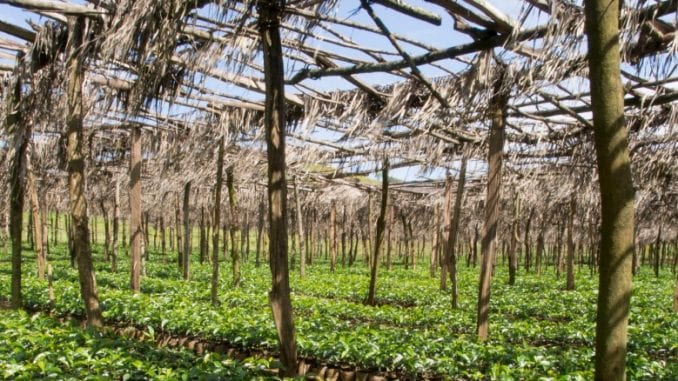
Taiwan’s Pebble Coffee buys the winning lot at $85 per pound, thought to be the highest-ever price for African coffee.
BY CHRIS RYAN
BARISTA MAGAZINE ONLINE
Photos courtesy of Gesha Village
On May 31, Gesha Village Coffee Estate—a 400-hectare farm growing Gesha-variety coffee in Ethiopia’s Bench-Maji Zone—held its first-ever global auction and received surprising results: The top lot sold for $85 per pound, thought to be the highest price ever paid for coffee not just from Ethiopia but all of Africa.
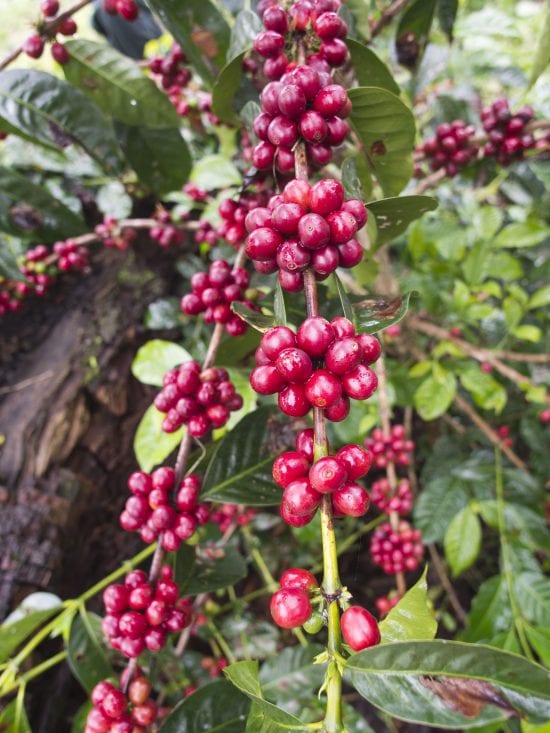
Gesha Village was established in 2012 in the highlands of western Ethiopia. Owners Rachel Samuel and Adam Overton journeyed with their friend, coffee consultant and Gesha expert Willem Boot of Boot Coffee, into the Gori Gesha forest—the birthplace of Gesha coffee—to harvest a seed selection of wild Gesha, which was then planted at Gesha Village. (Read the full story of the estate’s creation here).
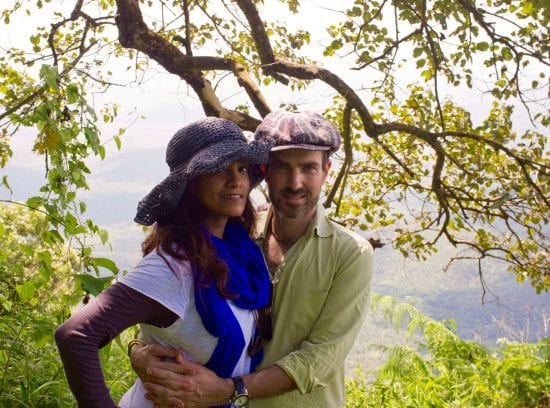
Five years later, the estate achieved record results for its coffee. The May 31 auction included “21 super specialty coffee lots,” according to a press release from Boot Coffee, which went on to state: “Coffee buyers from Asia, Australia, Europe, Saudi Arabia, and USA were bidding at the electronic auction, which had total revenues of $216,607 USD—a record for any coffee estate outside of Panama.”
Gesha Village’s top lot, a washed process coffee called Gesha 1931, was sold at $85.10 per pound to Pebble Coffee in Taiwan. A total of 5,423 pounds of green coffee beans were sold at an average price of $40 per pound in the auction.
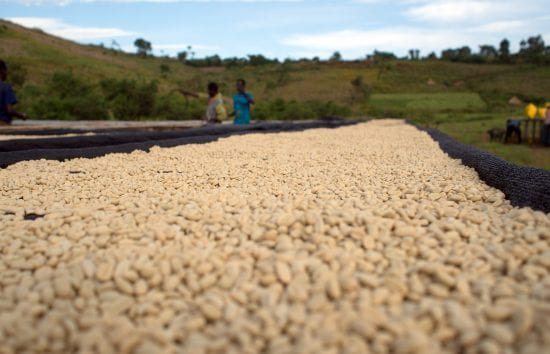
Willem Boot, who served as the auction’s manager, said in the press release that marketing the high quality of these Gesha coffees worldwide was key to the event’s success: “We created an unparalleled innovative promotion campaign in countries like Taiwan, China, Hong Kong and Australia,” he says. “As a result, we had close to 150 high-profile bidders for this auction.”
While Adam and Rachel started Gesha Village to follow their dream of owning a coffee farm in Ethiopia, the estate benefits more than just the couple. They have worked closely with the Meanit people—the indigenous community that inhabits the area—to preserve the land and plant trees other than coffee that fosters its biodiversity. The Meanit community makes up a large part of Gesha Village’s workforce, and the estate’s charity, the Gesha Village Foundation, promotes education for the community by supporting local schools.
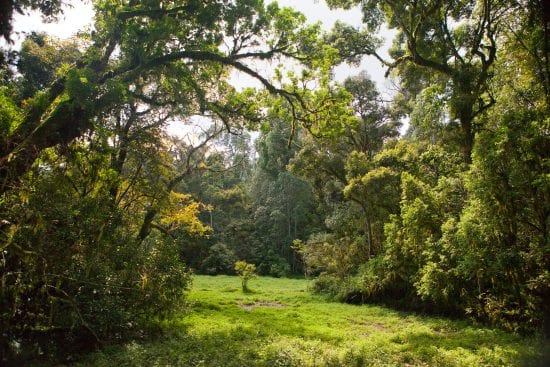
Gesha Village co-founder Rachel Samuel says the estate’s focus on social values and quality has helped it find success. “We revived the Ethiopian strains of the super-quality Gesha variety and we built a 400-hectare coffee farm that has been transforming the local economy of the Gesha area,” she says.

